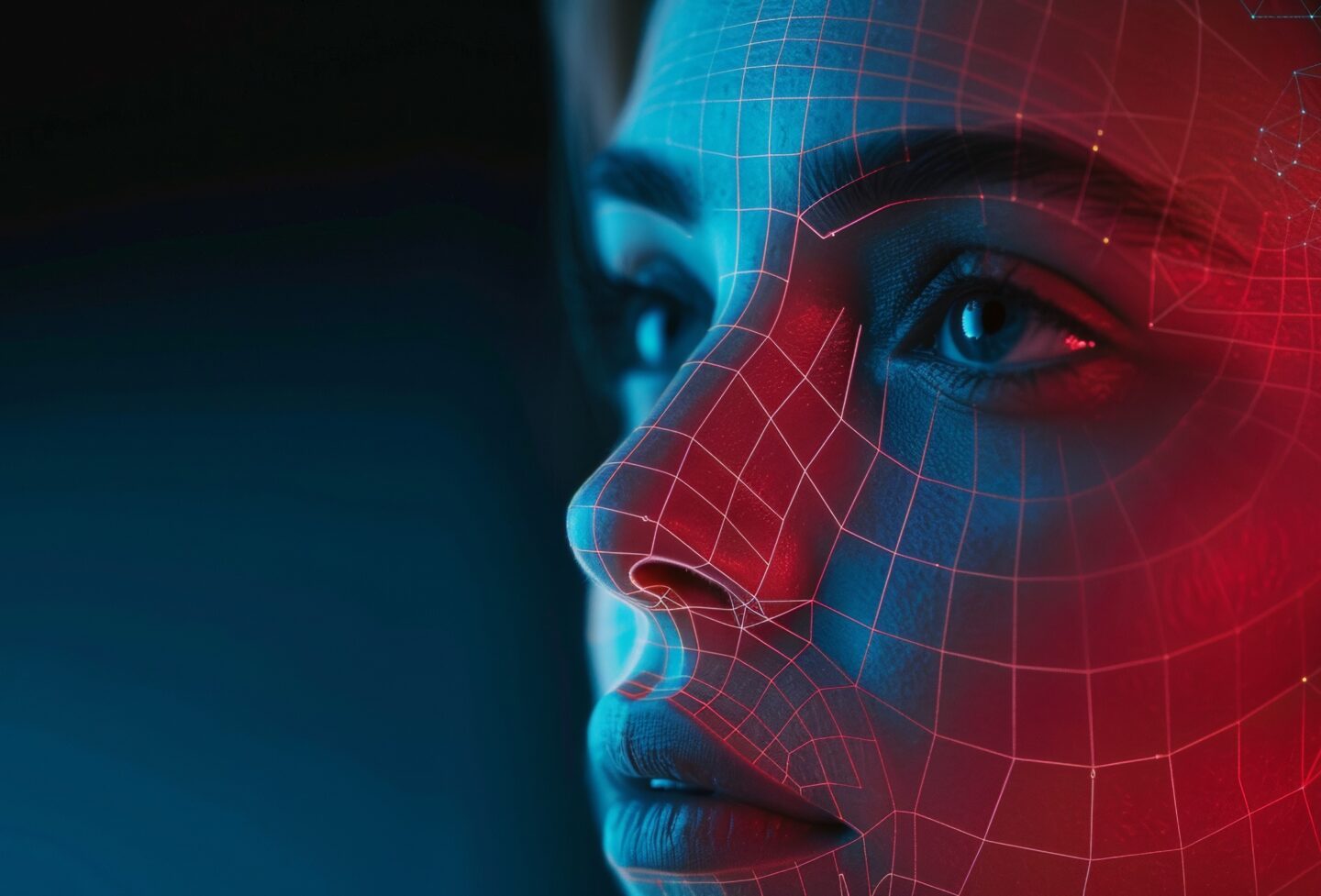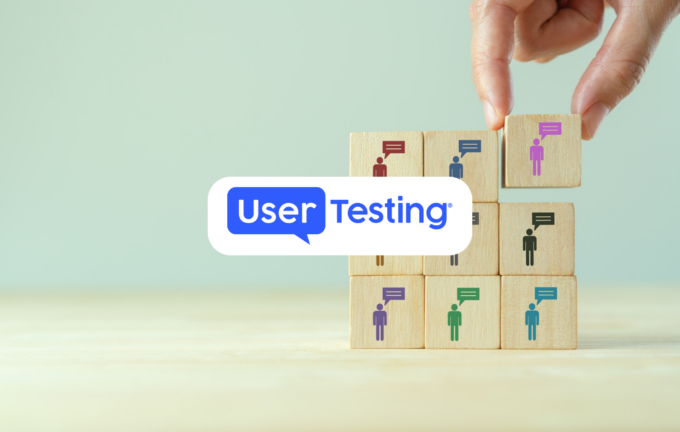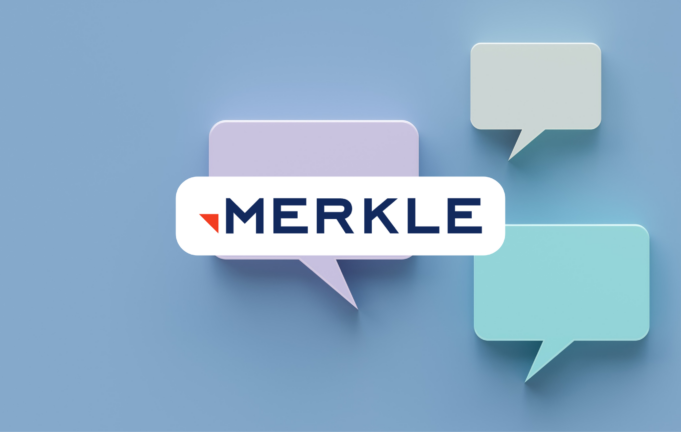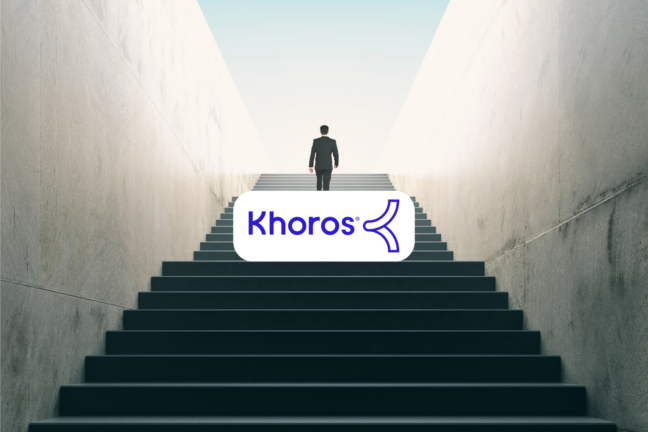Consumers love personalized sales offers provided by AI, reveals the latest survey by Cogito. The findings confirm that consumers are embracing the personalized sales experience AI offers but still highly value human-to-human connection and empathy in their interactions.
The second best AI benefit is faster issue resolution and widening support windows. Over half (53%) of respondents welcome an agent using AI to suggest relevant upgrades or deals tailored to their needs and purchase history. In terms of age groups, millennials (62%) are the most receptive to this offering. Overall, 54% of consumers feel AI does more good than harm in customer service interactions.

“This data confirms a ging trend Cogito is seeing in the contact center to boost revenue gth. Organizations are evolving from purely resolving service issues, to taking the opportunity to present new offers during a customer service experience. AI ushers this movement forward by helping identify the right proposal to make based on the customer’s personalized history and needs, while simultaneously enhancing the agent’s capabilities by recommending the best moment and language to seamlessly integrate into the service experience,” said Josh Feast, CEO and co-founder, Cogito.
While AI brings dozens of benefits, 77% of respondents would still prefer interacting with a human agent who uses AI tools in the background instead of using self-service options. That is why consumers ranked lost human-to-human connection as the number one negative impact of AI on CX, followed by lack of empathy and fear over human job loss.
Thirty-nine percent of consumers consider AI-driven customer service, such as chatbots, as slightly worse than human customer service. Gen Z values human empathy more than older generations like Boomers. Lack of empathy is also the most negative impact of AI on CX for 38% of Gen Z respondents.
Still, the majority of Gen Z respondents think about human job loss as they believe AI will partly be able to replace human connection and empathy. Only 20% of this age group are not concerned about this issue, compared to 12% of Boomers.









